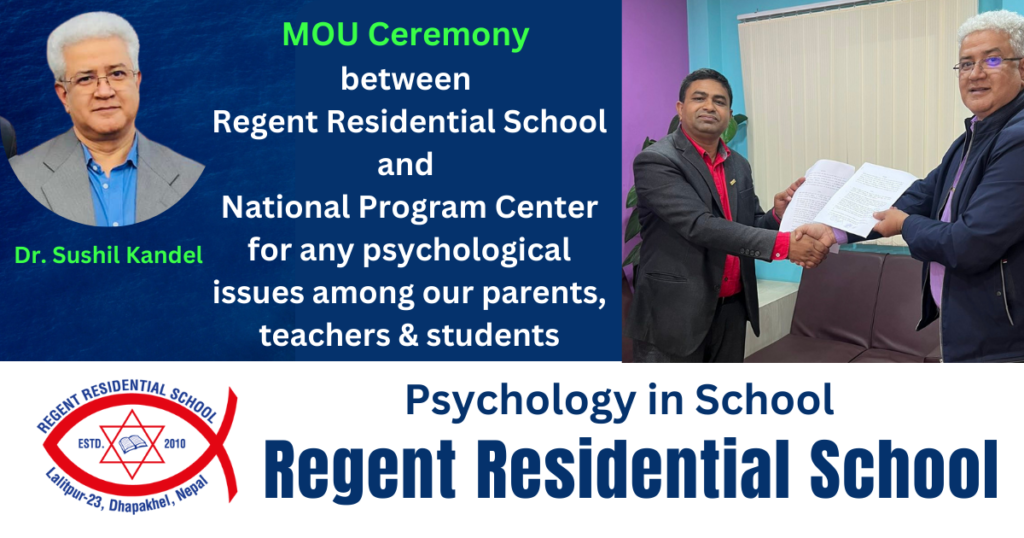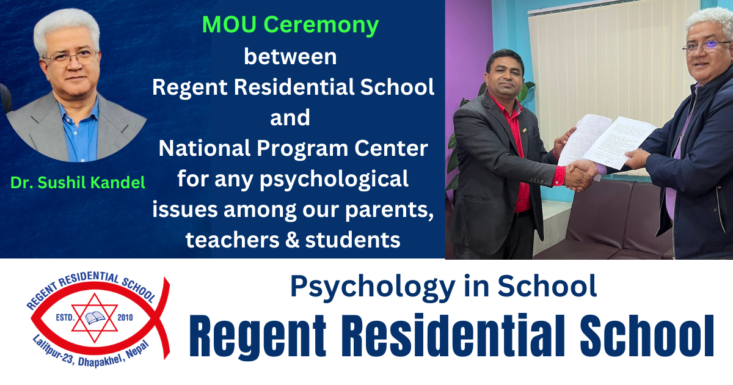
Psychology in school involves a variety of practices aimed at supporting students’ learning, development, and well-being. One important aspect of this is the identification of students’ abilities and needs, which can be used to provide appropriate educational support.
One common approach to identifying students’ abilities is through the use of assessments, such as standardized tests or teacher observations. These assessments can help to identify students who may have exceptional abilities in certain areas, such as language, math, or music. Once these students have been identified, they can be provided with differentiated instruction that is tailored to their unique needs and strengths.
Another important aspect of psychology in school is parent counseling. Parents play a critical role in their children’s development, and counseling can help them to better understand their child’s needs, strengths, and weaknesses. This can include strategies for supporting their child’s learning and development, as well as ways to communicate effectively with teachers and other school staff.
In addition to identification and counseling, psychology in school also involves teaching with differentiated instruction. This means tailoring teaching strategies and materials to the specific needs and abilities of individual students. For example, a teacher might provide extra support to a student who struggles with reading comprehension, or provide more challenging material to a student who is advanced in a particular subject.
Overall, psychology in school is an important field that aims to support the learning, development, and well-being of students. By identifying students’ abilities and needs, counseling parents, and providing differentiated instruction, psychologists in schools can help to create a more inclusive and supportive learning environment for all students.

